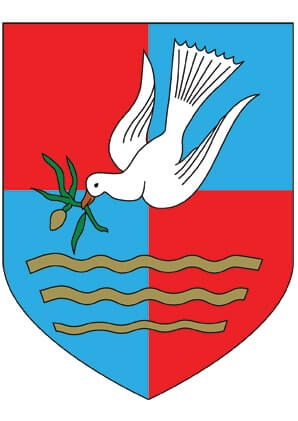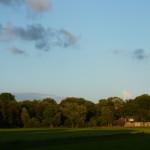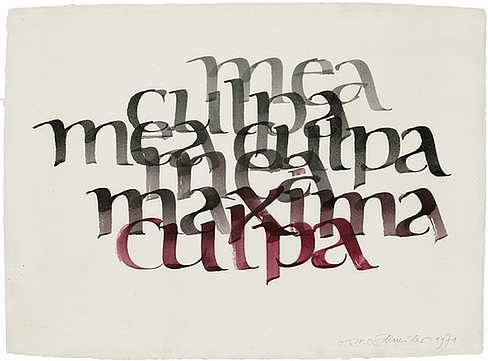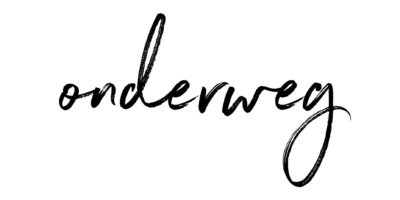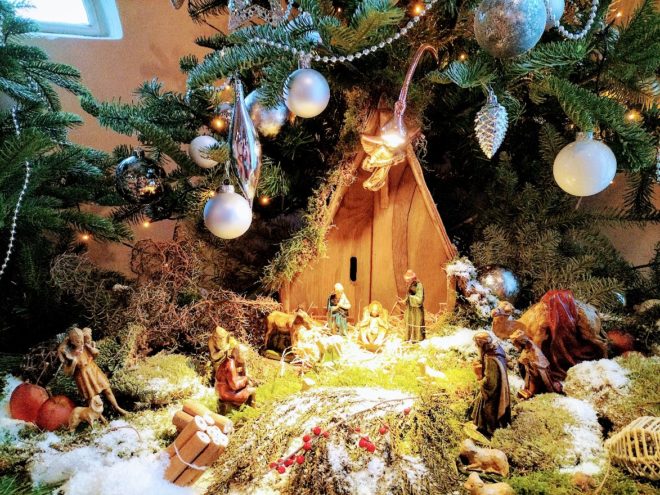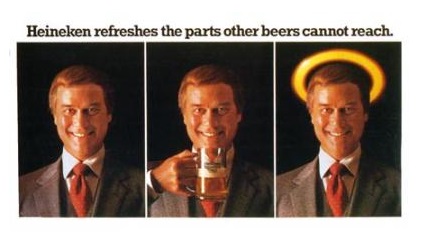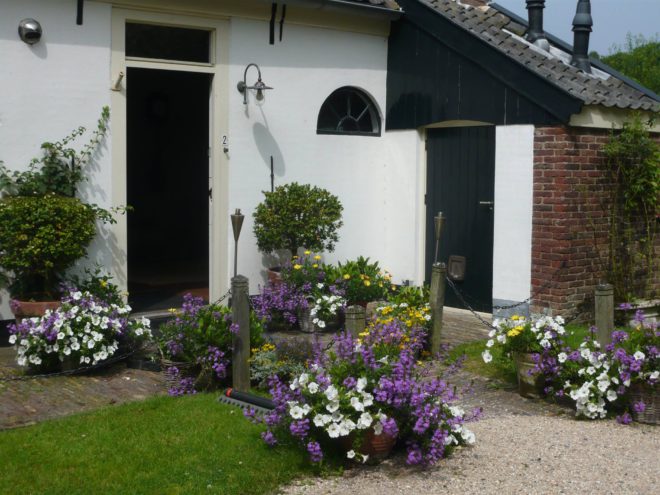What can make learning Liber so difficult: it consciously breaks down your self-image. The Pietje or Marietje that you have built so hard on. And we would much rather learn something, or even unlearn it, than shake the person we think we are.
Yet that is what Liber does. Because the ‘what’ that keeps us away from ourselves is nothing but the ‘who’ we think we are. Nothing or no one stands between us and our happiness, but ourselves alone.
L’enfer, ce sont nous memes.
However, we find this so normal, so accustomed we are to lumping our identity and our experience of it together, that we find it rare to find it unattractive to change that. After all, our entire possessions are invested in that conditioning.
Just as the butcher who inspects his own meat will quickly engage another person for this purpose, we are less inclined to expose ‘ourselves’ to our ruthless attention to it.
Me, what or who is that anyway?
Perhaps a word of logic can do what blocks the way of habit. Because what are we actually going to ‘see’ if we learn to relate silently to our non-silence? The ‘I’ that we are used to thinking ourselves, what does it actually consist of? And why does that ‘I’ find it so difficult to make room for a silent I, a non-I?
Powerless present to what appears as our ‘I’, you will come to understand that ‘I’ as a process we might call ‘the will to mastery’. For a good understanding, imagine the frame of a painting. Silently contemplating your non-silence, you will begin to see how we want to be able to ‘catch’ everything that happens to us. Our lives must fit within the framework that we have in mind for this. With which it is less an ‘act’ of life than the shaping of the desire to control it, to have a ‘grip’ over it.
Now think of a flowing river and you immediately understand why it can be so difficult for you to make time for Liber: after all, new situations are constantly passing by and whether or not you ‘exist’, your idea of your ‘I’ is, depends – or so you think – entirely on whether you succeed in fitting all those people, opinions and events into the right box, the right list. To create space for Liber, for the practice of conscious non-control, then amount to risking your own existence. And indeed: who starts that now?!
Who tells you that it is right, what you think or feel?
The only way out of this stranglehold: to recognize that all our thinking and feeling is questionable. Not guaranteed to be true. For who says it is not controlled by our will to master?
Liber therefore does not teach you to think differently – as in ‘think positively’, or ‘look mindfully’ – but to expose your thinking and feeling to the non-thinker in you. And for the same reason, Liber does not ask you to completely clear the house of your thinking and feeling, to become ‘completely empty’, but to learn to keep at least one room empty in that full house of yours. So that emptiness can become the basic attitude for a relationship with that which you are full of.
If Liber’s aim is to reform your thinking, then it facilitates or triggers this by teaching you a different relationship with your thinking – that is: your will to control.
The taste of powerlessness
In short, Liber does not help you to gain more control or power, but rather familiarizes you with the sweet taste of powerlessness. Which does for you what salt does for porridge: it gives you taste.
The mystery Liber reveals: Your ability to relate helplessly to your need for control or power gives you exactly the degree of control the situation calls for.
The fun, the invitation, the art: not to squeeze your life into the mold of your will, but to dare to take your place within the will, the frameworks, of life for you.
Anyone who feels called to be more an expression of life than a self-image will let himself be brought down.
